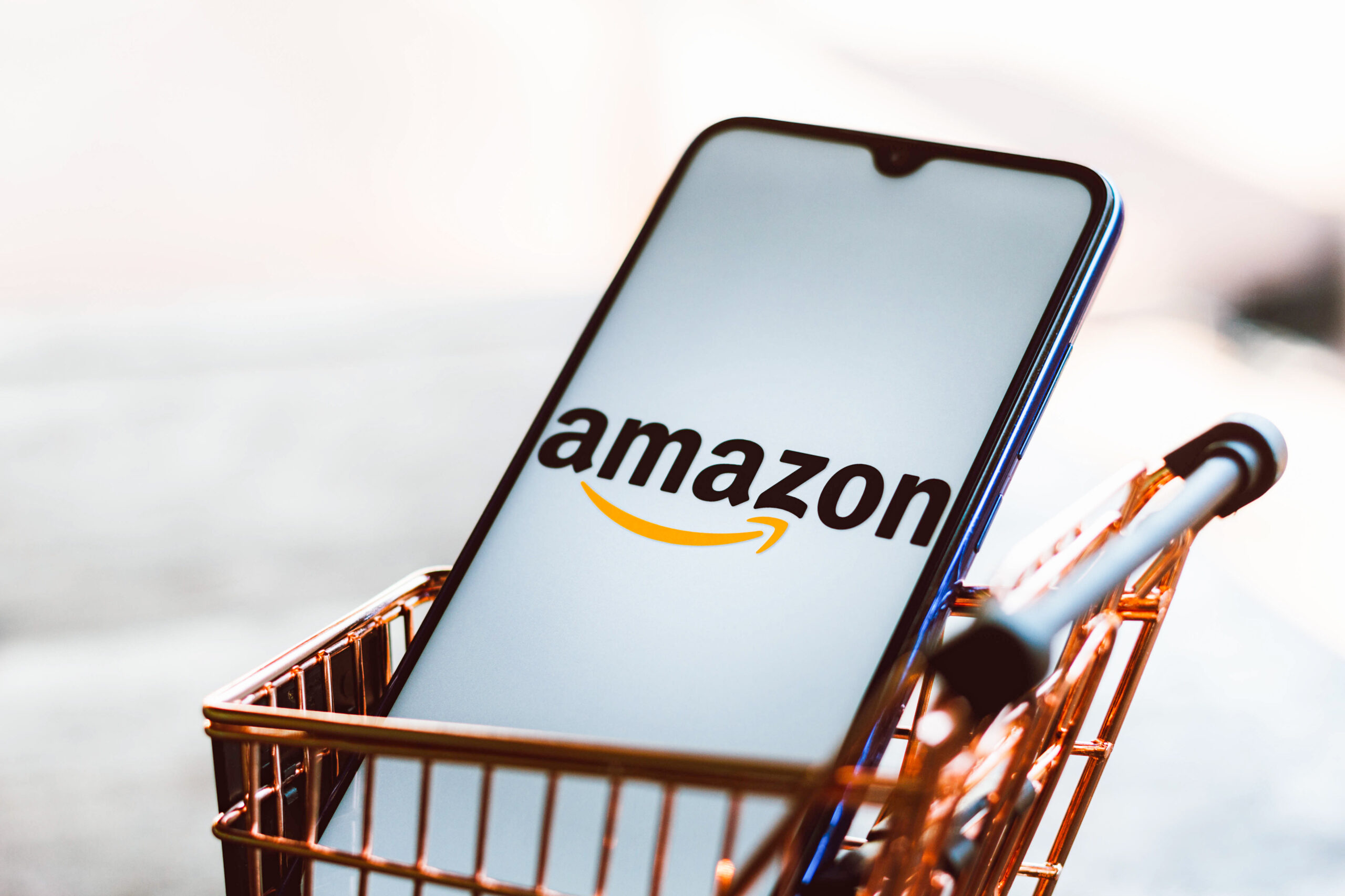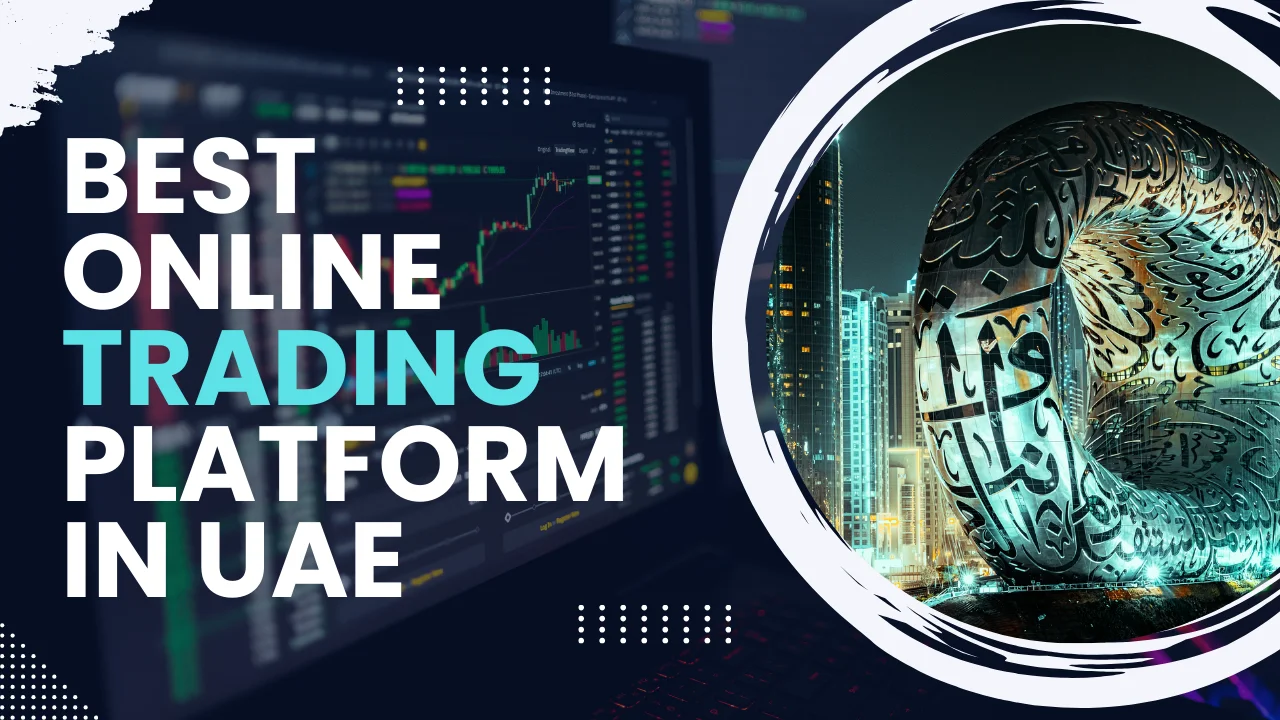
Amazon FBA automation has become a hot topic among entrepreneurs looking to generate passive income. With promises of hands-free profits, many investors are turning to Amazon automation companies to streamline their operations. But is Amazon wholesale automation truly a “set-it-and-forget-it” business model, or is there more to the story? In this guide, we’ll uncover the truth about Amazon wholesale automation, explore how it works, and discuss the risks and rewards of partnering with Amazon automation companies.
What Is Amazon Wholesale Automation?
Amazon wholesale automation refers to outsourcing the management of your Amazon FBA (Fulfillment by Amazon) business to an automation service provider. This process involves sourcing products in bulk from wholesale suppliers, listing them on Amazon, and leveraging automation tools to optimize pricing, inventory, and order fulfillment. Amazon automation companies handle everything from supplier negotiations to store management, allowing sellers to focus on scaling their businesses.
How Does Amazon Wholesale Automation Work?
- Business Setup: The automation company sets up an Amazon Seller Central account and establishes supplier relationships.
- Product Sourcing: Wholesale products are sourced from authorized distributors and added to the store.
- Listing Optimization: Automation tools are used to enhance product listings with compelling descriptions, competitive pricing, and SEO optimization.
- Inventory Management: AI-driven automation tracks stock levels and prevents overselling.
- Order Fulfillment: Amazon’s FBA system handles shipping and returns, while automation ensures smooth processing.
- Customer Service: Automated responses and support teams manage customer inquiries and reviews.
The Benefits of Amazon Wholesale Automation
1. Time Efficiency
Managing an Amazon business manually is time-consuming. Automation allows sellers to focus on strategy while their store runs on autopilot.
2. Scalability
With automated inventory tracking and AI-driven pricing adjustments, scaling an Amazon wholesale business becomes easier without adding more workload.
3. Consistent Revenue Stream
Wholesale automation ensures steady product supply and optimized pricing strategies, leading to predictable cash flow.
4. Hands-Off Business Model
Amazon automation companies take care of logistics, supplier negotiations, and daily operations, reducing the need for direct involvement.
The Risks and Challenges of Amazon Wholesale Automation
1. Upfront Investment Costs
Most Amazon automation companies require a significant upfront investment, often ranging from $10,000 to $50,000 or more, depending on the level of service.
2. Scams and Fake Automation Services
Not all automation providers are reputable. Some offer unrealistic promises of high returns with little effort, leading to potential financial losses.
3. Amazon’s Strict Policies
Amazon enforces stringent rules on wholesale sourcing and automation. Violations of Amazon’s policies (such as unauthorized product reselling) can result in account suspension.
4. Profit Margins May Vary
Unlike private-label FBA sellers, wholesale sellers compete on price. This can result in lower profit margins, especially in saturated markets.
5. Loss of Control
Relying entirely on an Amazon automation company means you don’t have full control over product selection, pricing, or supplier relationships.
How to Choose a Reliable Amazon Automation Company
If you’re considering Amazon wholesale automation, it’s crucial to vet service providers carefully. Here are some factors to consider:
1. Track Record and Reviews
Research the company’s history, customer reviews, and case studies. Avoid companies with vague or exaggerated claims.
2. Transparency in Fees
Understand the full cost structure, including management fees, profit-sharing agreements, and additional expenses.
3. Supplier Network
A reliable automation company should have established relationships with authorized wholesale suppliers, not just third-party resellers.
4. Amazon Compliance
Ensure the company follows Amazon’s Terms of Service to avoid issues like account suspensions or policy violations.
5. Customer Support
Look for a company that provides ongoing support, detailed performance reports, and clear communication channels.
Is Amazon Wholesale Automation Worth It?
Whether Amazon wholesale automation is a good investment depends on your business goals, budget, and risk tolerance. If you’re looking for a low-maintenance, scalable business model and are willing to invest in the right Amazon automation company, automation can be a viable strategy. However, if you prefer complete control over your store and product selection, a DIY approach may be more suitable.
Who Should Consider Amazon Wholesale Automation?
- Investors looking for a hands-free eCommerce business
- Entrepreneurs who want to scale without managing daily operations
- Business owners seeking passive income with minimal involvement
Who Should Avoid It?
- Sellers who want full control over their brand and pricing
- Those unwilling to invest upfront capital
- Entrepreneurs who prefer direct supplier relationships
Final Thoughts
Amazon wholesale automation offers a highly scalable business model, but it’s not a magic formula for instant success. The key to making automation work lies in choosing a reputable Amazon automation company, understanding the risks involved, and having realistic expectations. Whether you decide to go the automation route or manage your business manually, thorough research and strategic planning are essential to long-term success in the Amazon marketplace.









